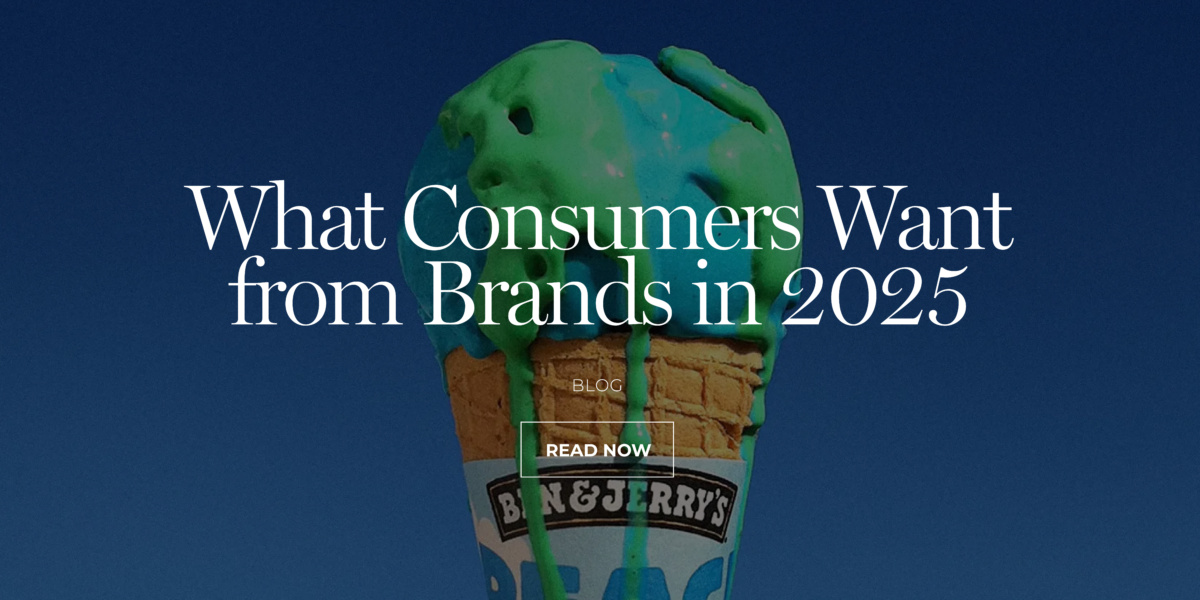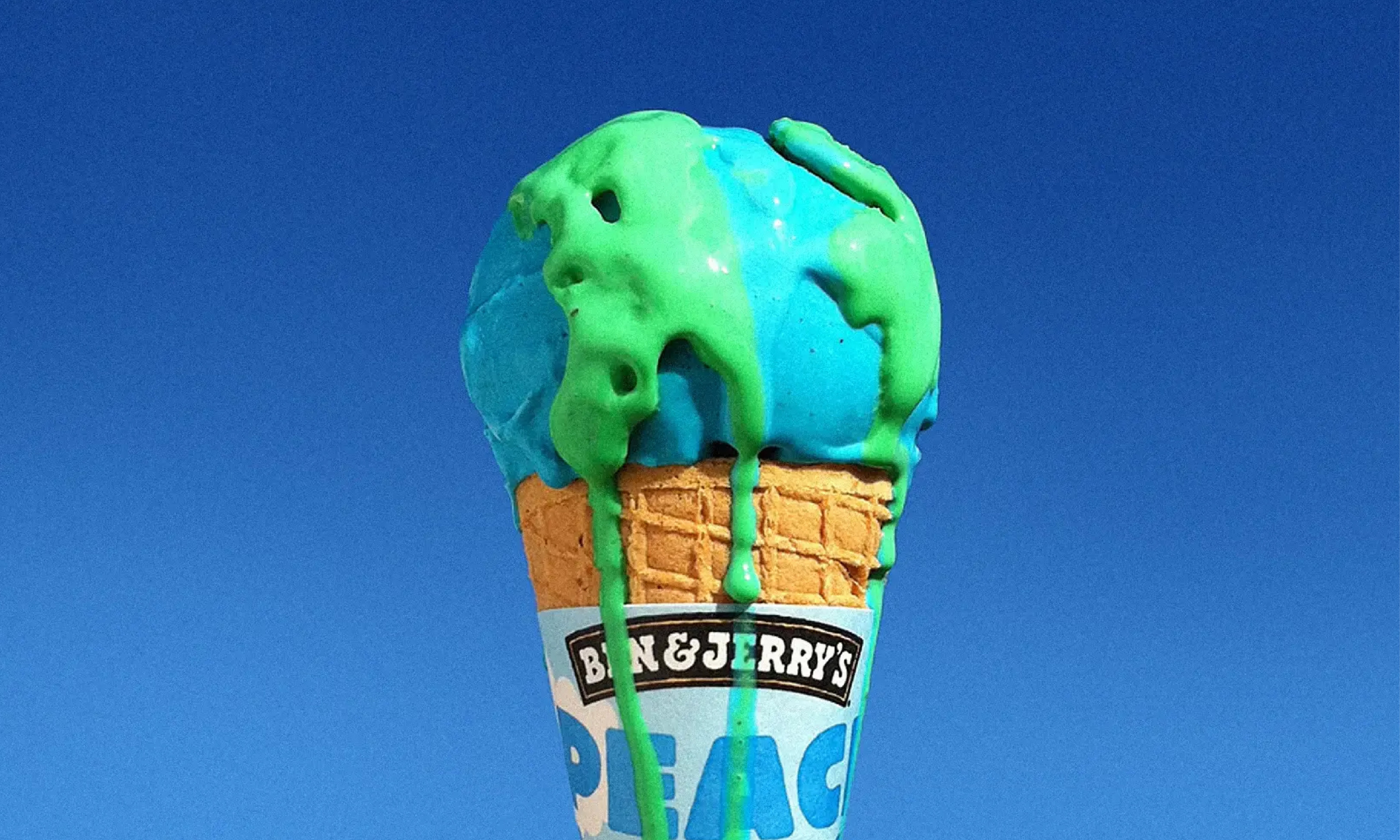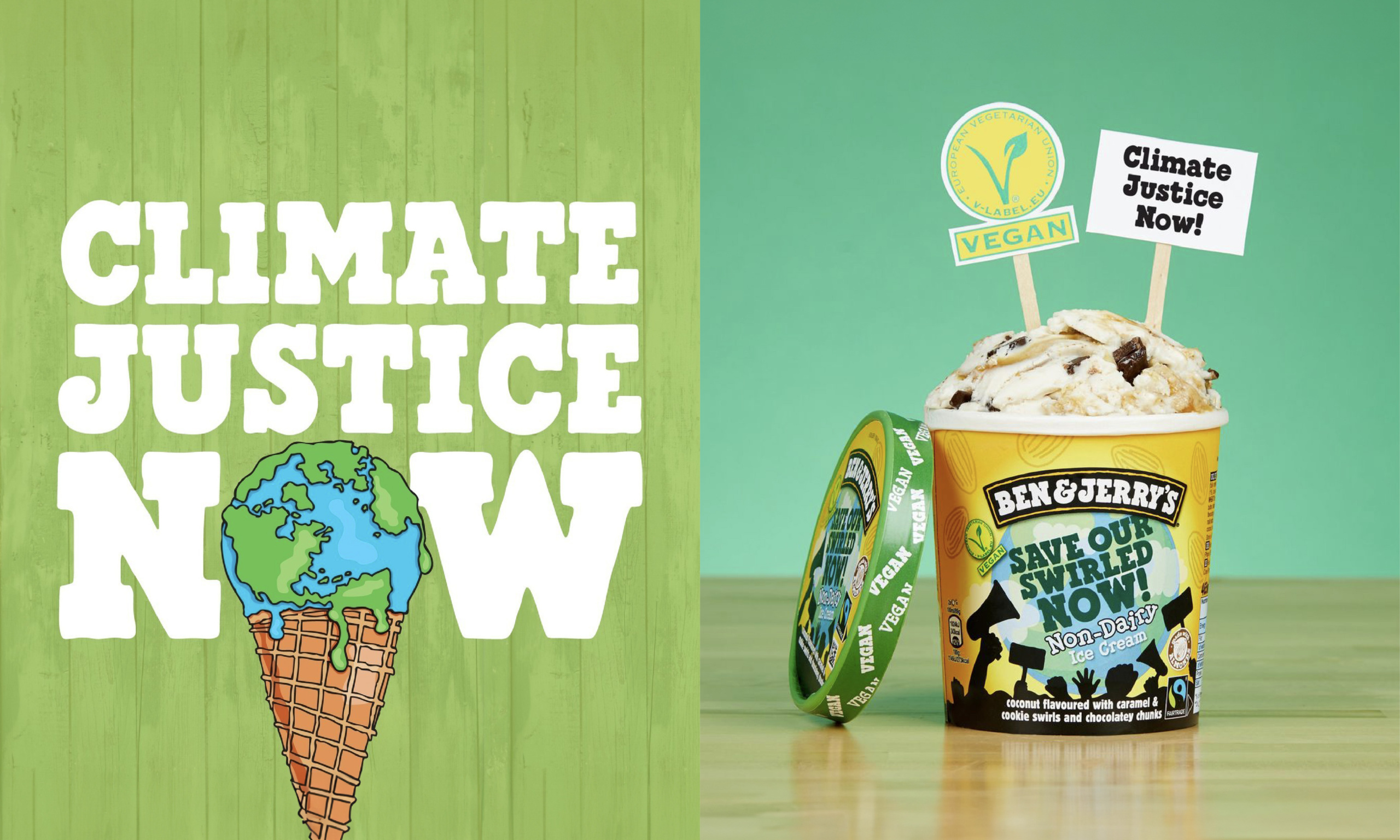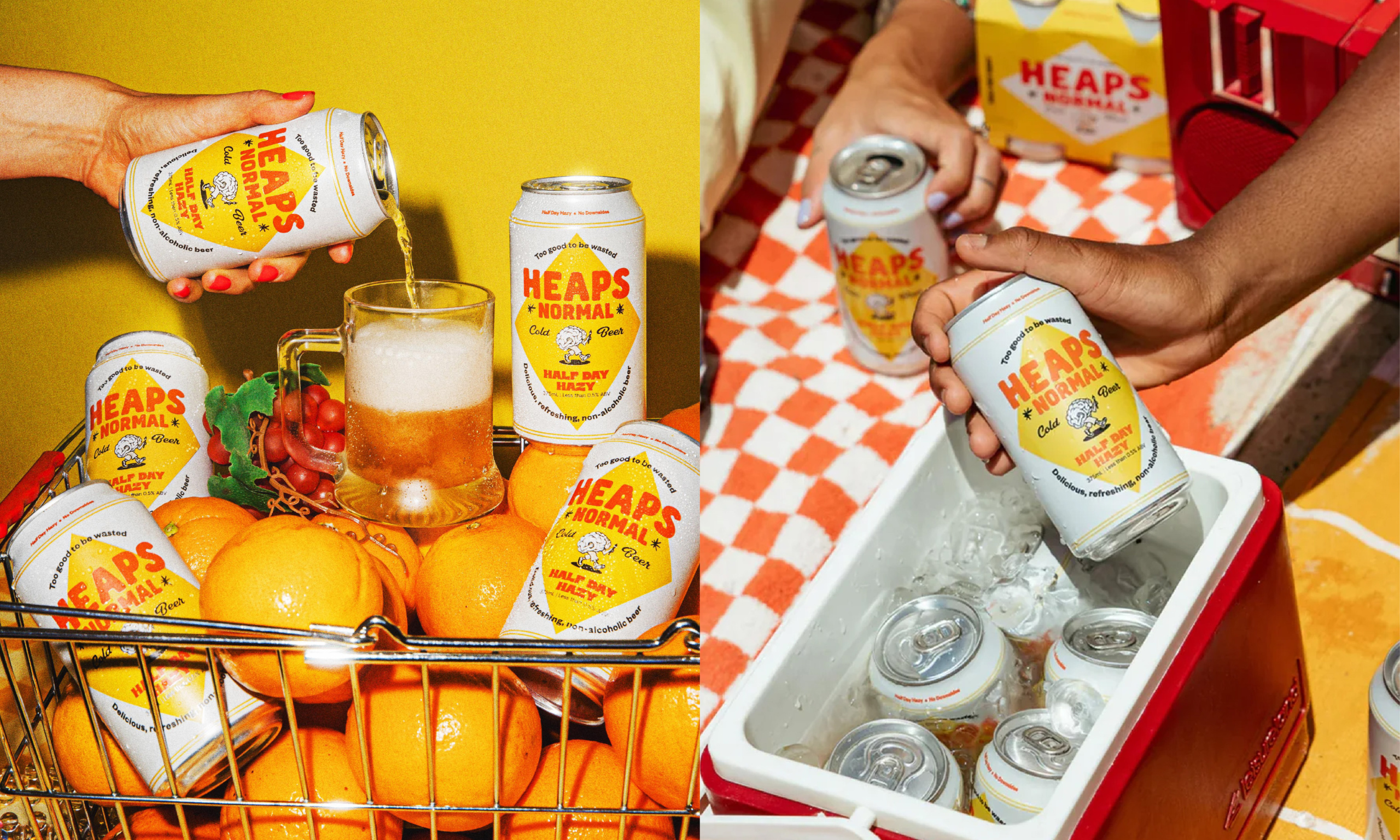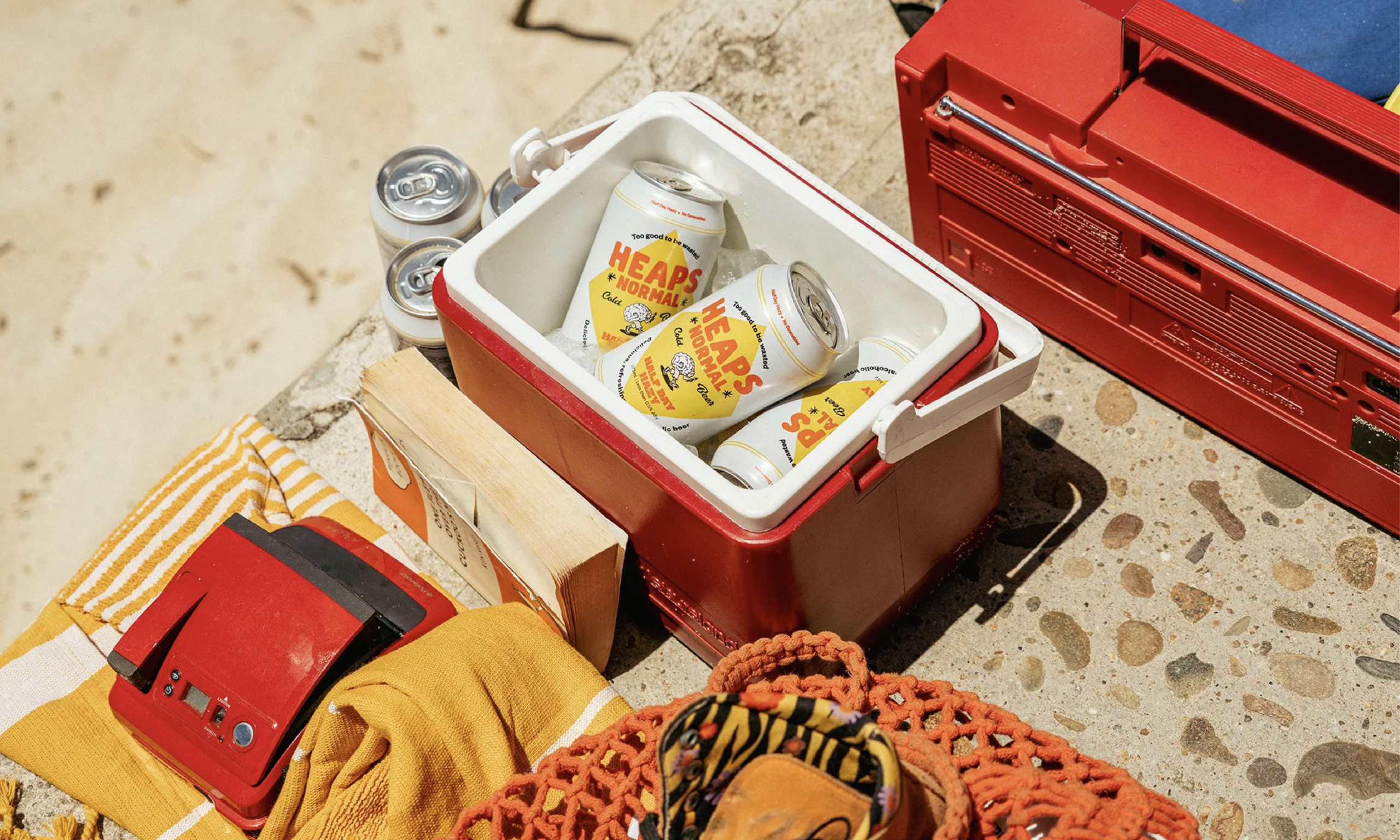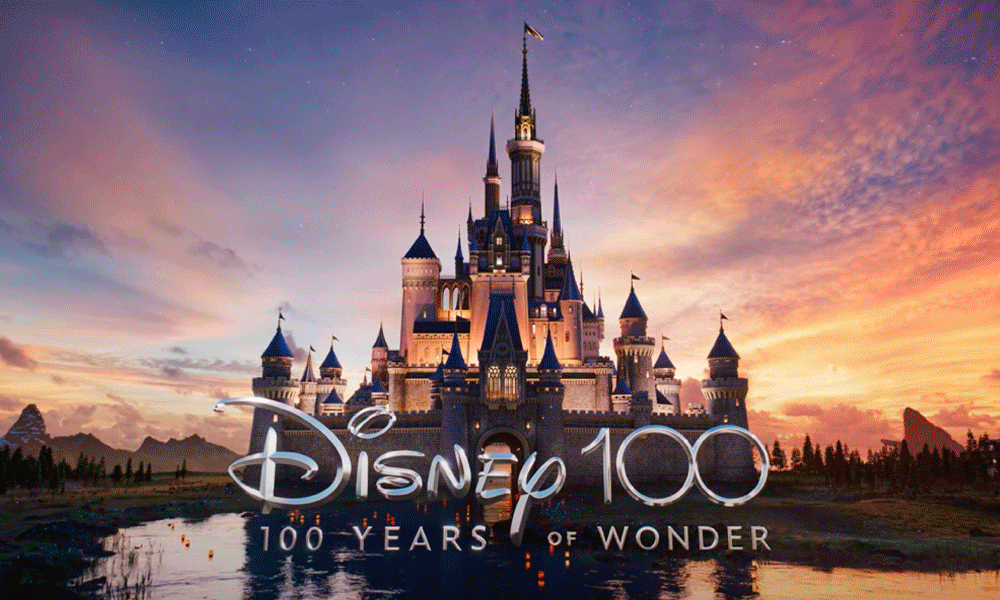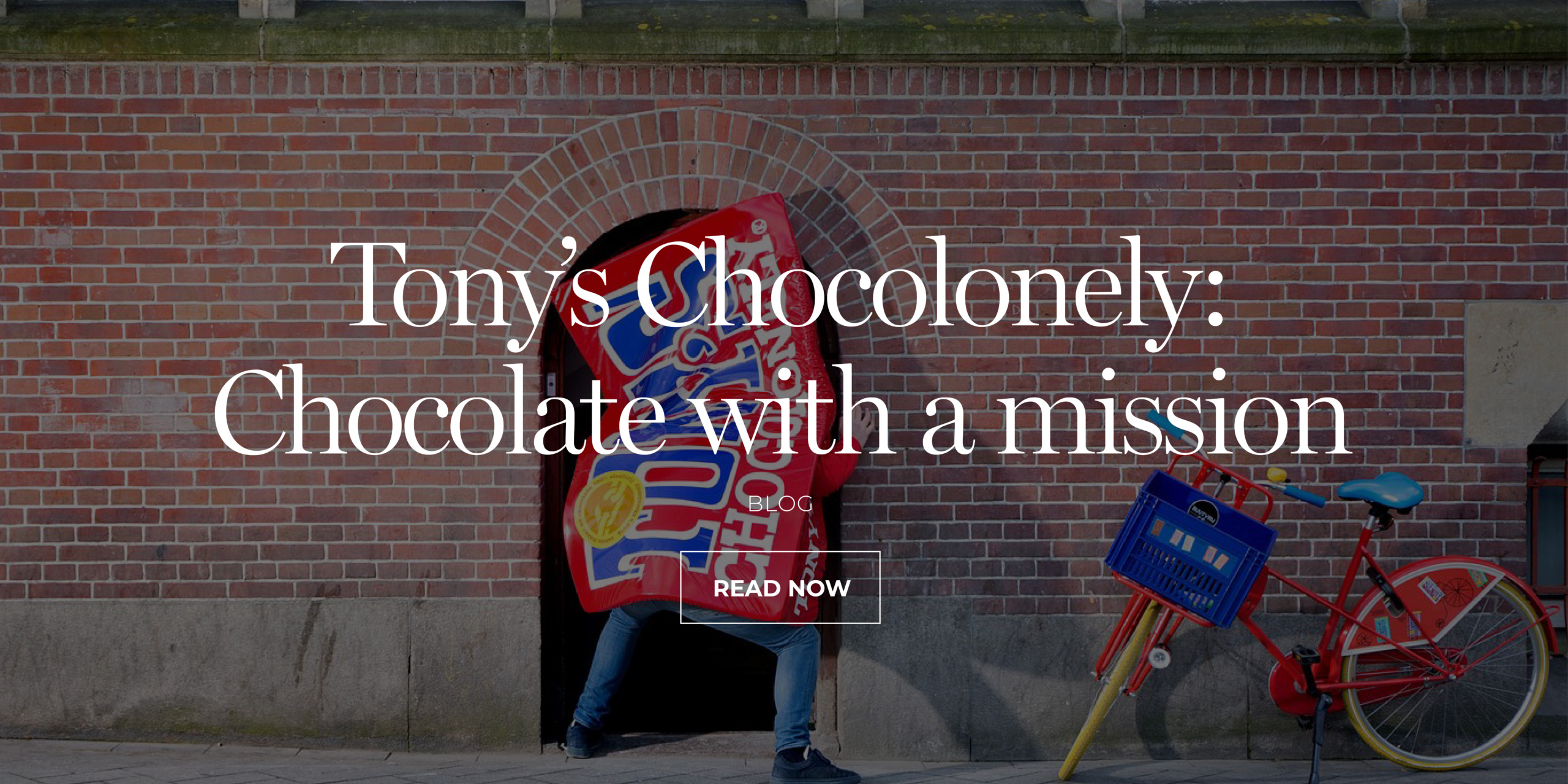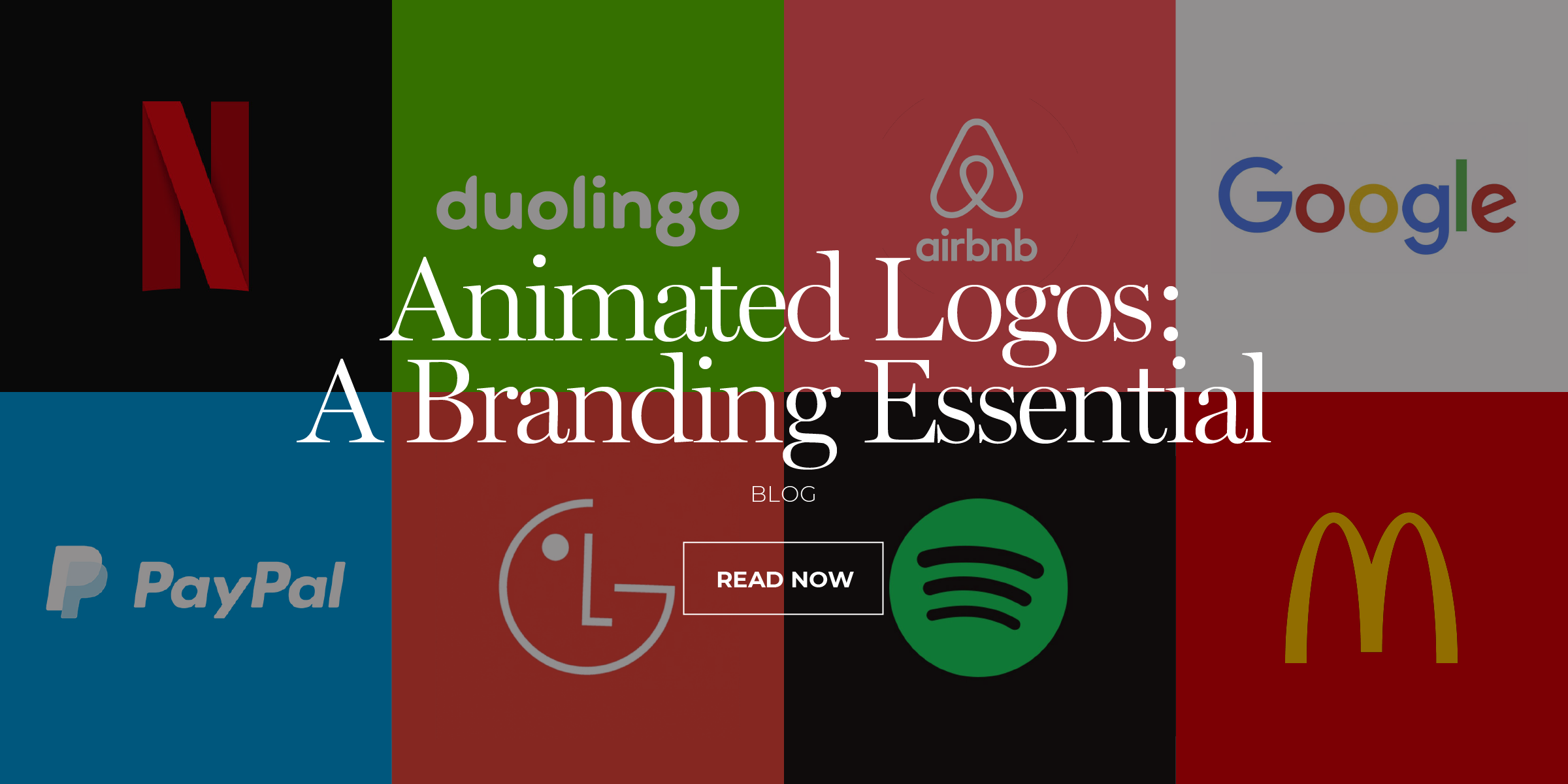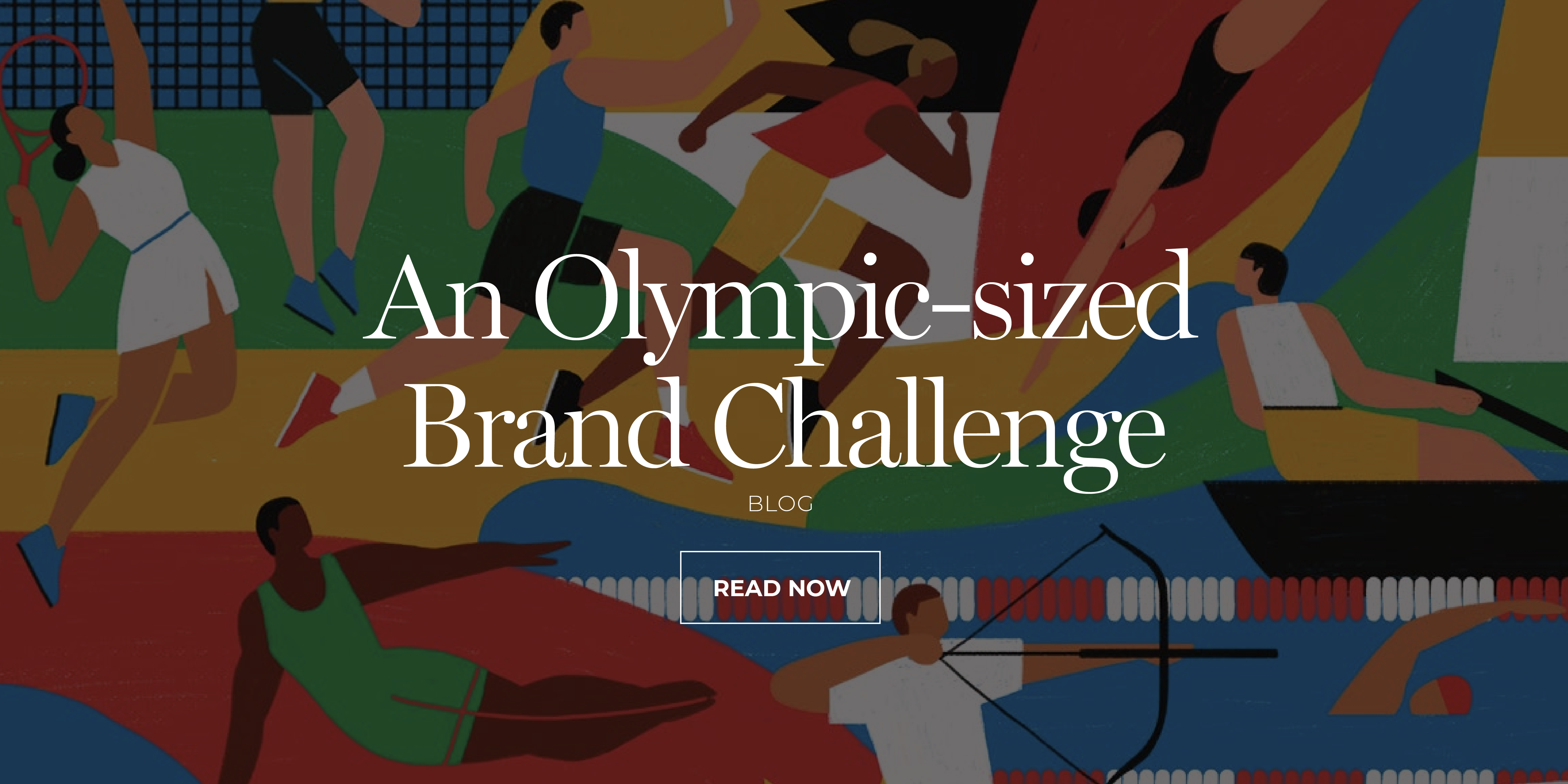AI and Personalisation
AI will be essential to the consumer experience, transforming interactions from transactional to deeply personal. Consumers will expect brands to move beyond automation and use AI to anticipate needs and deliver intuitive, meaningful engagements. For brands, the opportunity lies in embracing AI’s potential to empower consumers through thoughtfully personalised experiences, always grounded in transparency and ethical data use.
A great example of this is BMW’s Personal Assistant. The AI assistant now adapts in real-time to driver needs, adjusting driving modes, seat positions, and even music playlists based on individual habits. By analysing each driver’s preferences and routines, the assistant creates a tailored driving experience that evolves with the user, transforming the car into a personalised sanctuary on wheels.
The Delicate Balance of Privacy and Personalisation
As personalisation becomes more prevalent, consumers will become more cautious about how their data is used. The demand for customised experiences must be balanced with a strong commitment to privacy. Brands must offer transparency about data collection and use, fostering trust without overstepping consumer boundaries.
Netflix strikes a masterful balance here by collecting and anonymising user data, ensuring that recommendations are based on behaviour rather than personal identity. Their algorithms prioritise patterns and preferences over individual details, delivering a tailored experience while safeguarding privacy.
Sustainablity
Sustainability remains an unwavering force shaping consumer behaviour, and its influence is not fading soon. Across industries—from fashion to food—consumers now expect measurable proof of climate action, whether it’s carbon footprint tracking or climate-impact scores. Regenerative agriculture is gaining momentum, along with home-compostable packaging and sustainable sourcing. As environmental consciousness sharpens, brands must integrate sustainability to stay relevant and competitive.
Ben & Jerry’s has consistently championed environmental and social causes. The ice cream brand prioritises Fairtrade-certified ingredients and employs regenerative farming for its dairy production. Their commitment extends beyond sourcing, with a strong voice advocating for climate change policies. Ben & Jerry’s connects its sustainability efforts directly to its products and packaging, making it clear to consumers how its choices impact the planet.
 Credit: Ben & Jerry’s Meta
Credit: Ben & Jerry’s Meta
 Credit: Ben & Jerry’s Meta
Credit: Ben & Jerry’s Meta
For further insights into how you can shift your brand’s focus to sustainability, read our Sustainability Report, which explores one of the greatest challenges and opportunities of the coming decade.
Supply Chain Transparency
Consumers will continue to be invested in the whole story of the products they choose, from how they’re made to the path they take to reach the shelf. Supply chain transparency will be a fundamental expectation for brands aiming to earn and keep consumer trust. By openly sharing their processes, brands will stand out, building trust with consumers who prioritise ethical and sustainable choices. Embracing transparency satisfies consumer demand, builds credibility, and sets a brand apart in a competitive market.
PUMA unveiled a video series that opened the door to its supplier factories in Bangladesh, Vietnam, and Turkey, presenting an unfiltered look at the social and environmental dynamics within its supply chain. This series offered a rare, candid perspective on PUMA’s efforts to advance transparency and sustainability. PUMA saw this as a vital step in involving emerging voices in shaping the future of sustainable decision-making.
Mindful Choices Supporting Mental Well-Being
Equally important is the growing emphasis on mental and emotional well-being. Industries are responding with thoughtful innovations. From stress-reducing products to mindfulness tools, there is an increasing demand for solutions that promote mental clarity and emotional balance. Consumers are gravitating toward brands that support their physical health and offer products designed to improve mental health, such as adaptogens, mood-enhancing supplements, and functional wellness solutions. This shift signals an opportunity for brands to address the evolving need for holistic well-being, positioning themselves as mental health champions.
Heaps Normal is an Australian brand that creates non-alcoholic craft beers designed to offer the social experience of drinking without the alcohol content. With a focus on promoting mental clarity and reducing the impact of alcohol on mental health, Heaps Normal has quickly gained traction in Australia, particularly among consumers who are looking for healthier alternatives to traditional alcoholic beverages. Their flagship product, “Quiet XPA,” provides the flavour and experience of a craft beer without alcohol, making it an ideal option for those seeking to enjoy a beer in a mindful, balanced way.
 Credit: Heaps Normal
Credit: Heaps Normal
 Credit: Heaps Normal
Credit: Heaps Normal
High Expectations, Low Loyalty
As competition and economic pressures rise, brand loyalty will become more challenging to secure. Earning loyalty today requires more than just a loyalty program; it demands an exceptional experience at every touchpoint. A single misstep could prompt an immediate departure. In 2025, brands will be expected to deliver consistent, elevated experiences—not just rewards—across all touchpoints.
Disney excels in this area, creating immersive, seamless customer experiences at every touchpoint through cinema, theme parks, or customer service. This relentless focus on the details—optimised customer service, store layouts, and technology—ensures that customers remain loyal long after their visit. Every element is optimised to reduce friction and enhance the experience, ensuring customers can fully engage with the brand.
To learn more about how brands can build deeper emotional connections and foster loyalty, read our Power of Love Report.
 Credit: Disney
Credit: Disney
As we look toward into 2025, consumer expectations are shifting at lightning speed. The brands that adapt now will lead the way, while those who don’t risk being left behind.
Empower Your Brand for Future Growth
At Davidson Branding, we understand the challenges of staying ahead of these trends. That’s why we’re offering tailored workshops to help businesses assess their brand’s current position and develop strategies to capitalise on these evolving consumer preferences.
Our workshop will empower you to future-proof your brand and drive growth in 2025 and beyond.
If you’re ready to take the next step, contact us today to schedule a workshop that will align your brand with the trends shaping the future.
